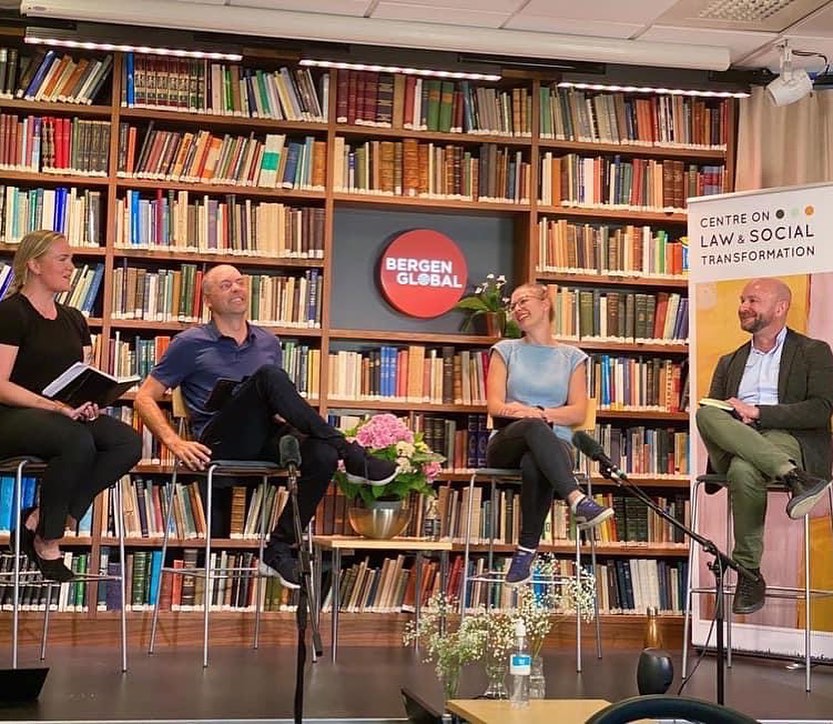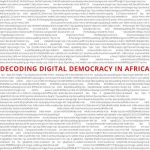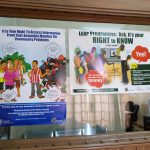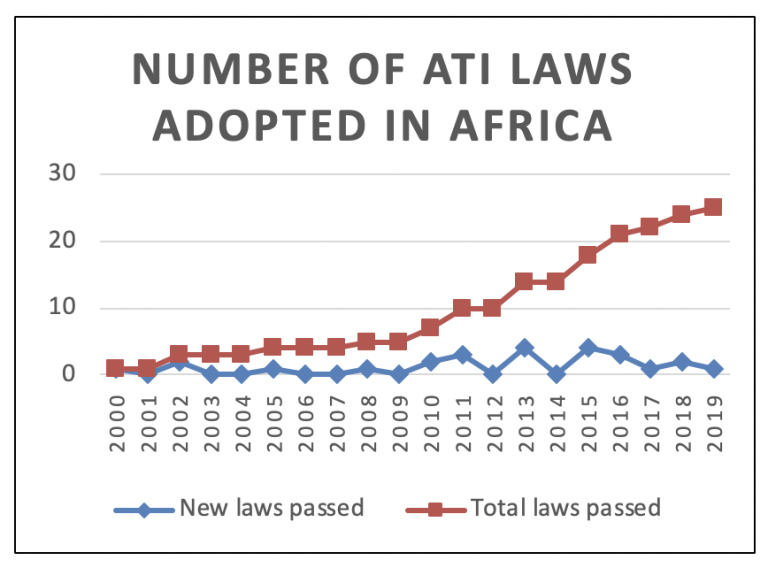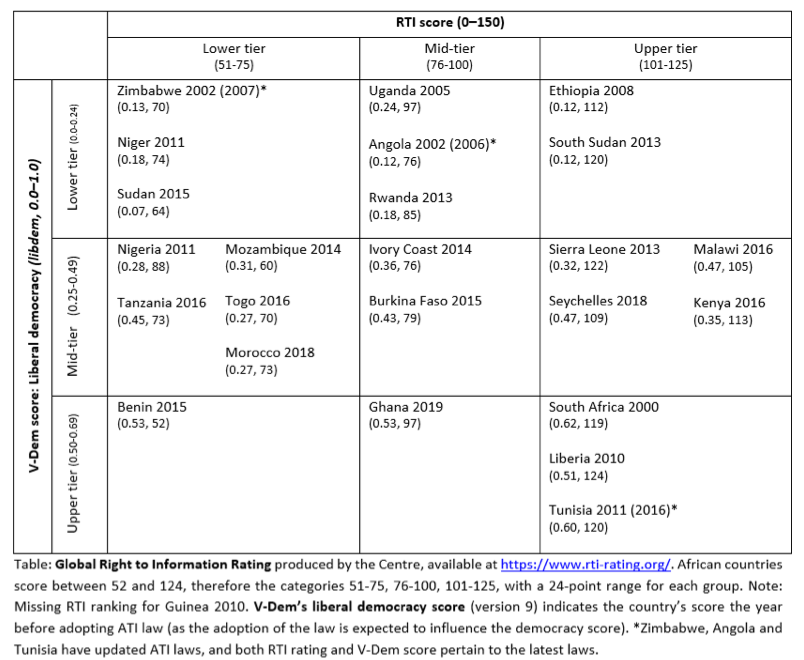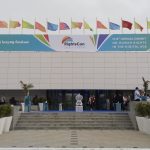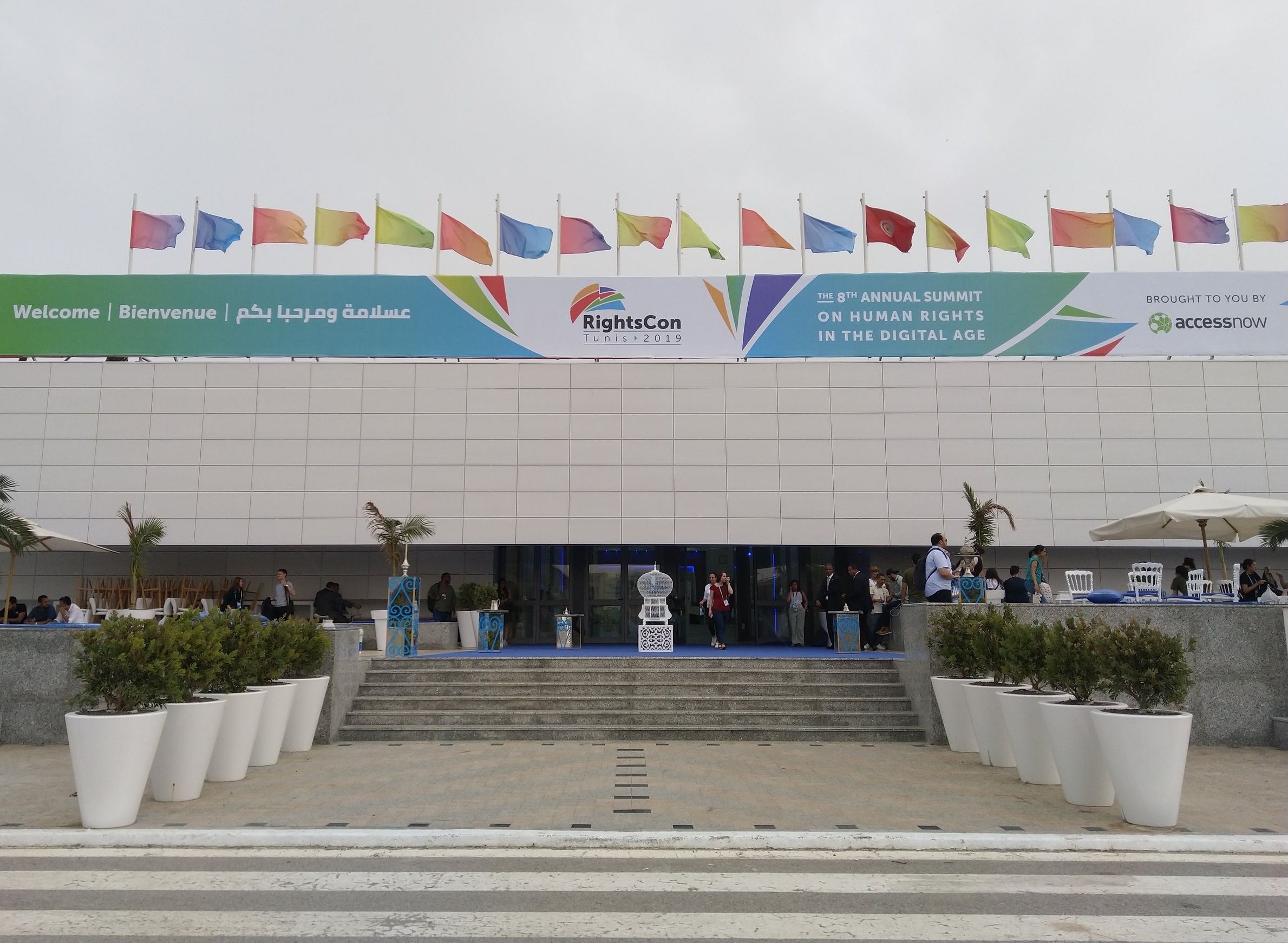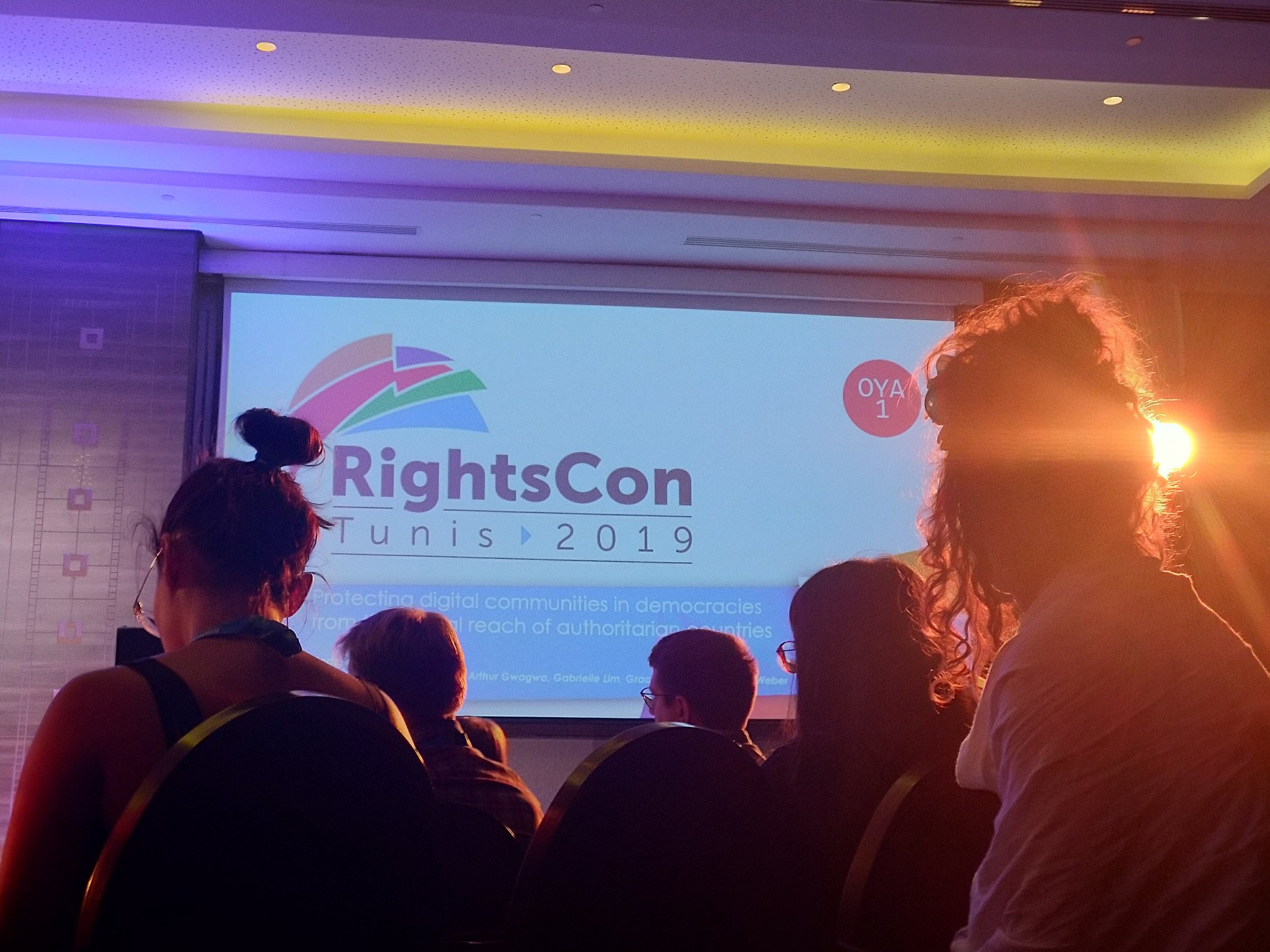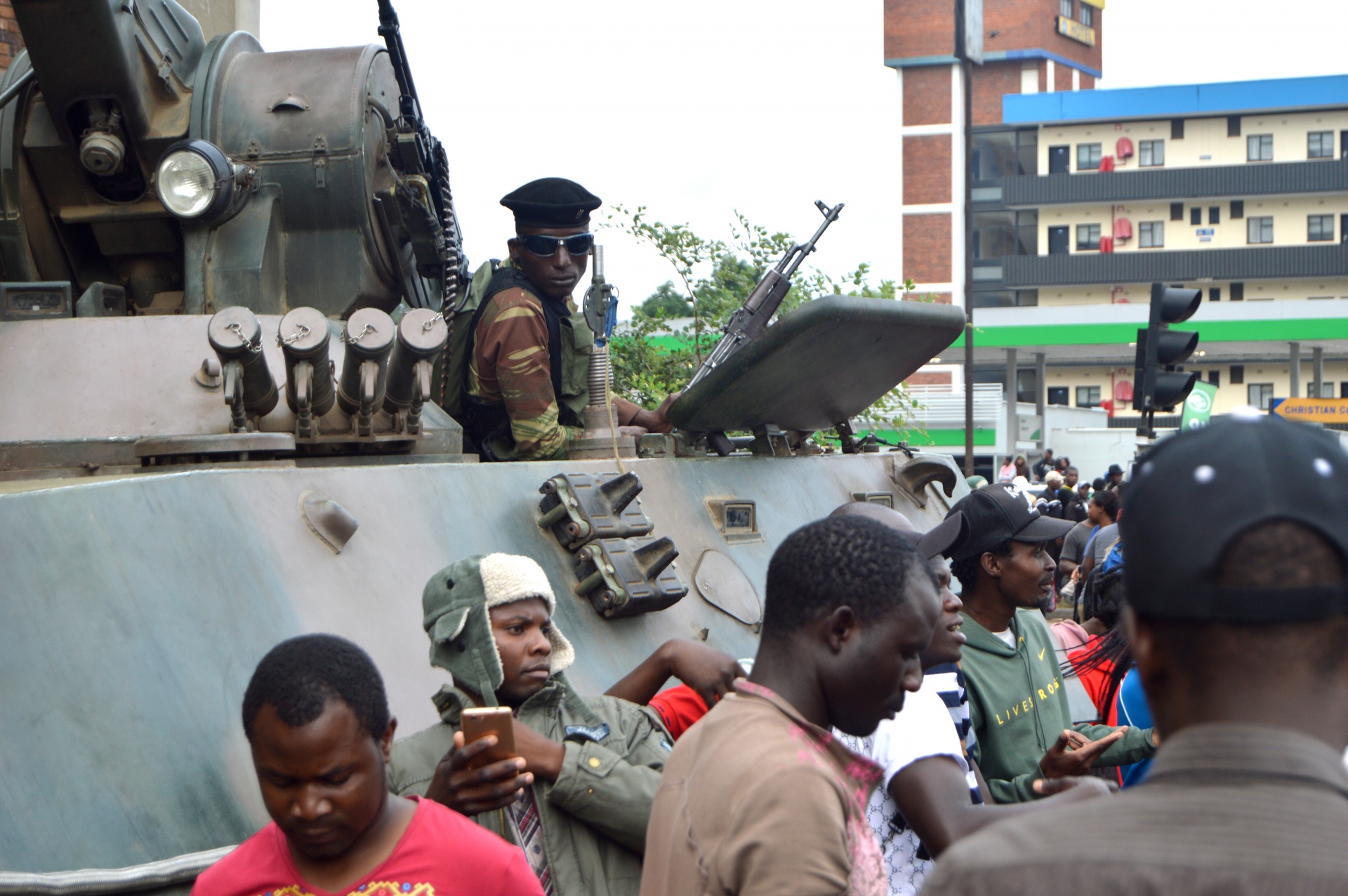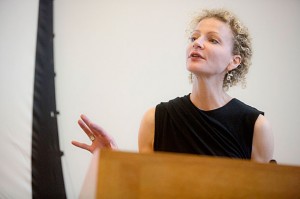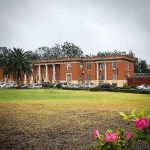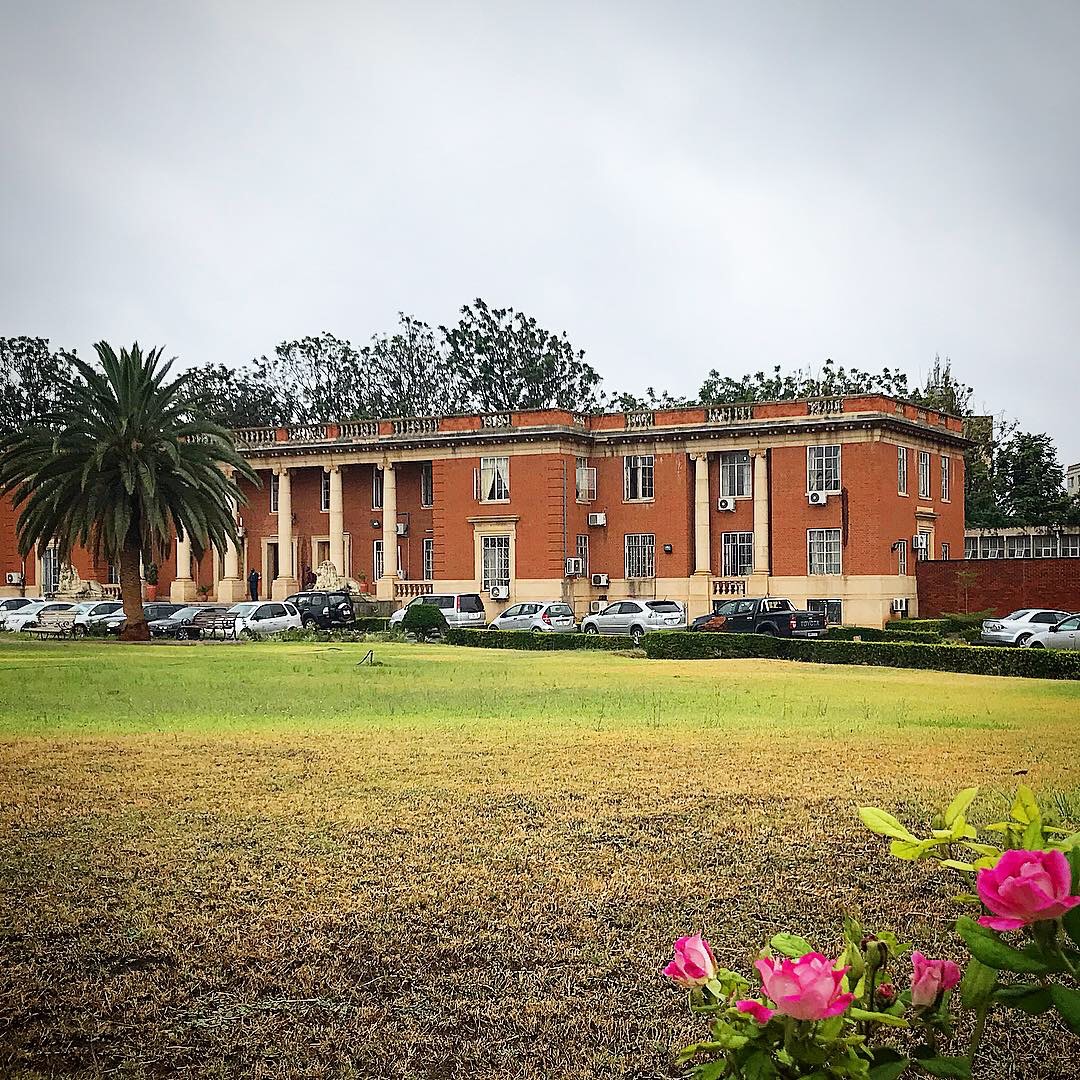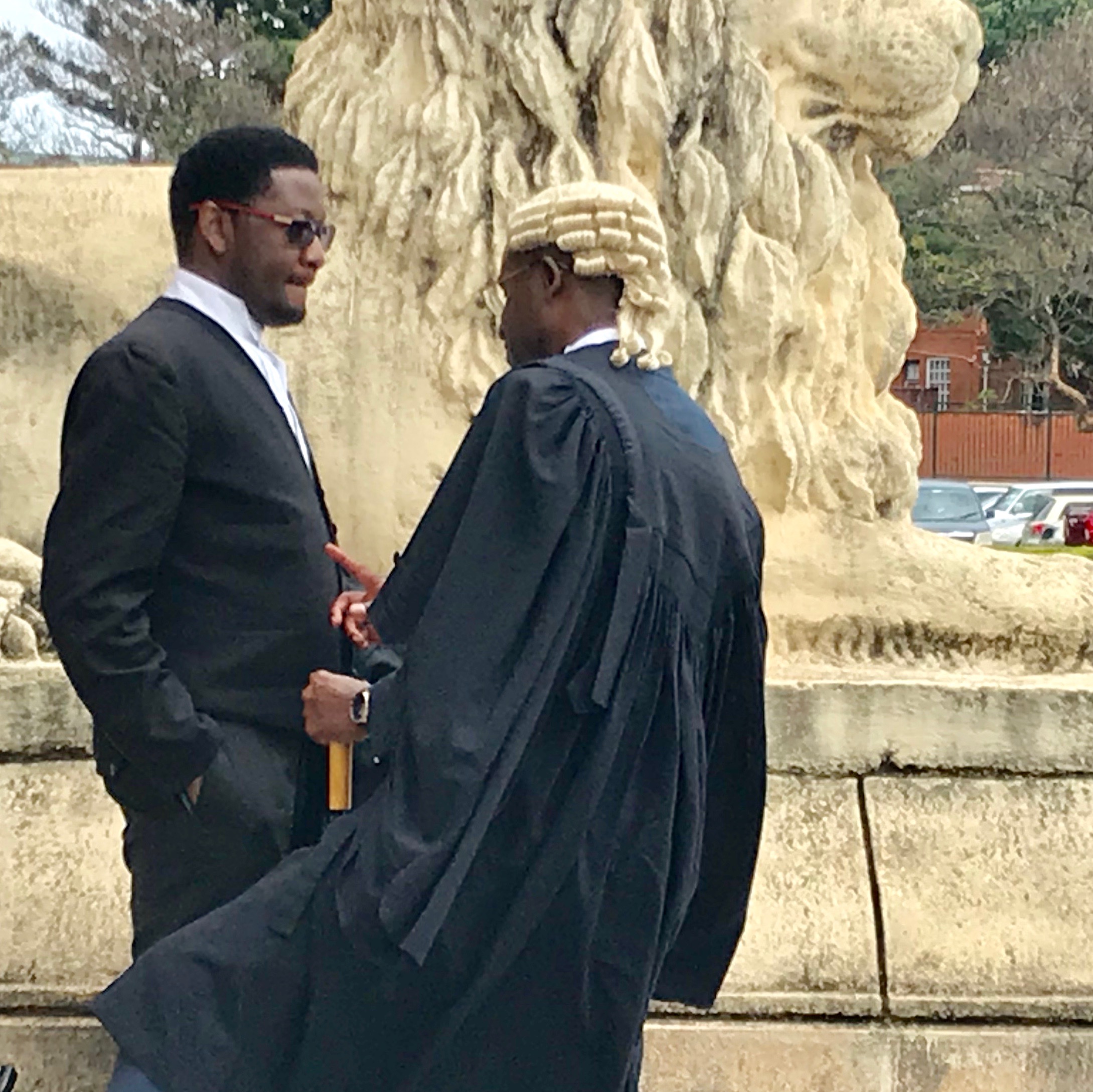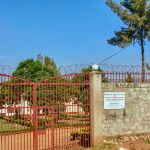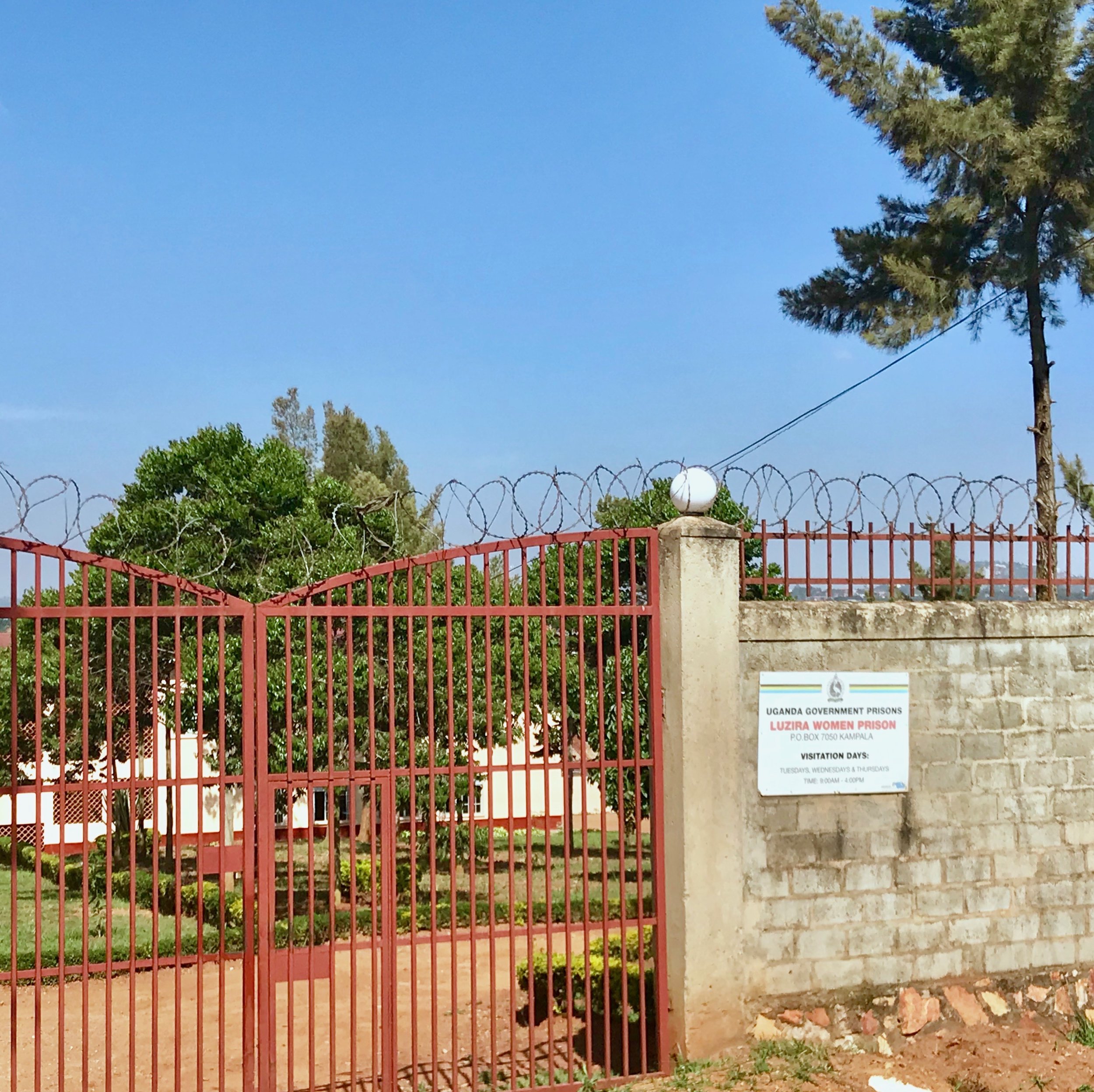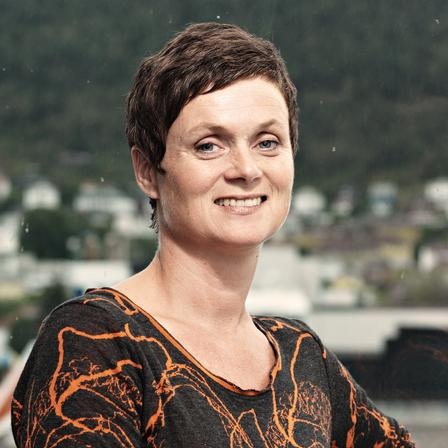The actor-centred scholarship on democratic transitions have found that the church played an instrumental role in many democratic transitions that came in the wake of the fall of the Berlin wall. From the Catholic church in Poland (Eberts 1998) that functioned as a defender of freedom and a source of protection from the communist regime; to Latin America, where the Catholic church embraced a liberation theology challenging the structures in place that reinforced marginalisation of the poor (French 2007); and to Africa, where the major ecclesiastical bodies worked together with the broader civil society to overthrow autocratic leaders and to facilitate for democratic transition (Sperber and Hern 2018; Gifford 1995). With being instrumental in the democratic shift in the nineties, the role of churches in today’s political climate becomes interesting to unpack. Who are they, and where are they now?
Christianity on the African continent is indeed multifaceted, and there exists a vast body of congregations competing for the souls of Christ. Among these congregations, the Catholic and the mainline Protestant churches remain prominent, both in the community and politically. However, in the last 30 years, a wave of charismatic churches has started to emerge and grow in popularity, not just on the African continent but also globally, often referred to as the Pentecostal church.
Historically, Pentecostalism has its origins in North America. It is thought to be as American as the apple pie, and most researchers argue that its beginnings can be traced back to the Azusa Street Revival in 1906 in Los Angeles. Characterised by charismatic and lively sermons that are often televised, an emphasis on the current gifts of the Holy Spirit, such as speaking in tongues, as well as a literal interpretation of the Bible, it has soon become a form of spiritual and modern Christianity that has spread across the world like a wildfire. The religion seems to tap into an essential part of African culture and spirit, with its music, egalitarian structures, and prosperity gospel, in a way the Catholic and traditional Protestant church may not have been able to.
However, according to Paul Freston, in Africa, “little is really known about the [political] role of the churches beyond the leadership of the mainline churches” (Freston in Grossman 2015, 340). Indeed, Pentecostalism has grown immensely over the last 40-30 years in many African states, but we have little systematic understanding of how this growth affects democratic development. More specifically, we know little about the consequences of people’s increasing exposure to Pentecostal teachings. In my MA-thesis, “Divine Intervention: The influence of Pentecostal Sermons on Democratic Values,” I set out to analyse the democratic implication of this new and emerging Christian branch that has taken such a strong foothold in Sub-Saharan Africa. Specifically, my thesis asks how Pentecostal teachings might influence individual attitudes towards democracy in Zambia
Zambia is chosen as the case of study as it represents a distinctive case in the context of Pentecostalism and democracy on the African continent. In contrast to their role in other African countries, the Zambian Pentecostal churches corroborated with the mainline churches and the rest of civil society in overthrowing the one-party rule led by Kenneth Kaunda contributing to the reintroduction of multiparty democracy in 1991. Additionally, Zambia’s first elected president after the transition to democracy, Frederick T. Chiluba, was a born-again Pentecostal, further situating the case of Zambia in a unique position compared to other sub-Saharan countries.
Yet, similarly to many other nations that transitioned in the region, Zambia’s democracy has struggled, since it´s 1991 transition. While Zambia has an impressive record of peaceful alternations of power among new democracy and has been able keep its democracy score steady on the Freedom House measures over the years, and at first glance, there is little evidence of a country moving down an autocratic spiral. And perhaps, identifying Zambia’s democracy as backsliding may be the wrong characterisation. However, while democracy institutions and practices are maintained and even strengthened in certain areas, such as peaceful alternation of power and high voter turnout, it may be curtailed in other areas, such as civil rights and media freedom – leaving the democracy in a state of stagnation, rather than regression or progression. The country’s political trajectory is a classic example of the fact that alternation of power does not necessarily lead to liberal political norms or supporting institutions required for democratic consolidation.
Both the political trajectory of the Pentecostal church in Zambia and the analyses presented in the thesis indicate how Pentecostals move within the realm of democracy and democratisation. Paul Gifford eminently argued that while the mainline churches challenged Africa’s dictators, the newer evangelical and Pentecostal churches provided their support for the incumbent leaders (1995, 5). However, in Zambia, they are very much a part of it, which is exemplified by being part of the collective effort to democratise Zambia and by pastors encouraging congregants to vote and to vote for good leaders. Nonetheless, their individual set of beliefs and practices are mediated through how they practice their citizenship; Even though they are a part of democracy, they seem to be actors who play within the existing rules and do not further challenge undemocratic structures in place that might reinforce their marginalisation.
While the data constrain the thesis’s ability to make any causal claims, it indicates that Pentecostals exhibit some political preferences that are distinct from other Christians in the region and that Pentecostalism embodies a democratic ambivalence in their religious teachings. The thesis proposes that exposure to sermons can influence political values that shape Christian citizenship by providing metaphysical instruction that influences how believers respond to government actions. Combined, the analyses paint a picture of an individualistic religious ideology that values a minimalist form of democracy but simultaneously produces a Christian citizenship characterised by self-efficacy.
Finally, my thesis calls for more extensive research and data collection concerning the relationship between Pentecostalism, democratic values, and political behaviour in sub-Saharan states. My findings suggest a need for more fine-grained analyses of religion to illuminate the Christian citizenship produced within places of worship and how this citizenship might have implications for democracy.
By Caroline Borge Bjelland
Research assistant UiB
To read the full master thesis, click here.
References
Eberts, Mirella W. 1998. “The Roman Catholic Church and Democracy in Poland.” Europe-Asia Studies 50 (5): 817-842. http://www.jstor.org/stable/153894
French, Jan Hoffman. 2007. “A Tale of Two Priests and Two Strucggles: Liberation Theology from Dictatorchip to Democray in the Brazilian Northeast.” The Americas 63 (3): 409-443. http://www.jstor.org/stable/4491252
Gifford, Paul. 1995. The Christian Churches and the Democratisation of Africa. E.J. Brill.
Grossman, Guy. 2015. “Renewalist Christianity and the Political Saliency of LGBTs: Theory and Evidence from Sub-Saharan Africa.” The Journal of Politics 77 (2): 337-351. https://doi.org/10.1086/679596. http://www.jstor.org/stable/10.1086/679596
Sperber, Elizabeth Sheridan, and Erin Hern. 2018. “Pentecostal Identity and Citizen Engagement in Sub-Saharan Africa: New Evidence from Zambia.” Politics and Religion 11 (4): 830-862. https://doi.org/10.1017/S1755048318000330


